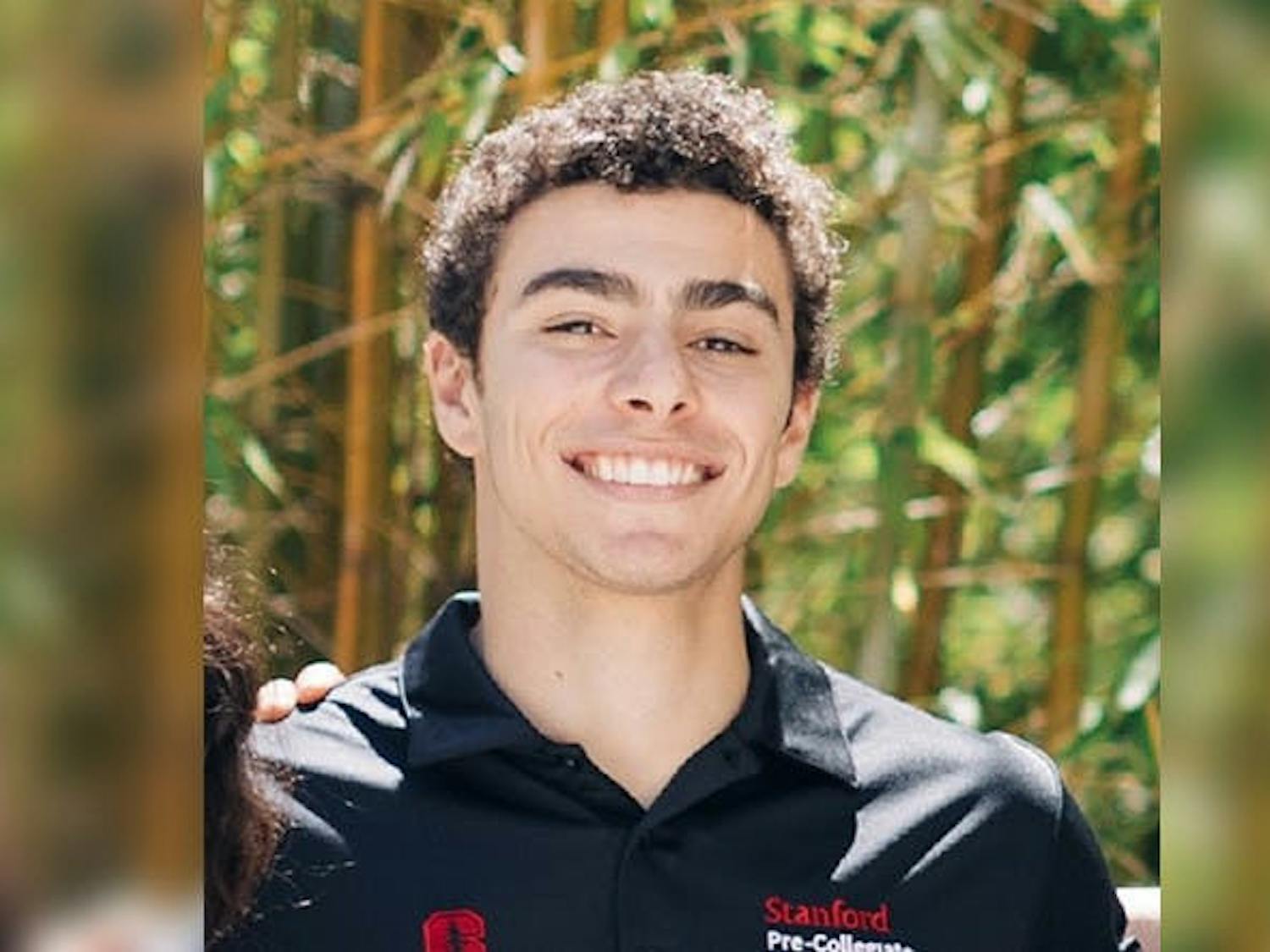Glenn Bryan and David Eldridge, Guest Columnists Glenn Bryan and David Eldridge, Guest ColumnistsThe contrast is appalling. You leave your classroom, faculty room, or office to go home and are faced with a desperate looking person asking you for money. Yes, there are real alternatives that attack the roots of panhandling. The Office of Community Relations initiated a campaign in September entitled, "Don't Give Change -- Help Penn Make a Change" that channels people's best intentions towards effective social change. The campaign encourages donors to give their money and volunteer hours to participating service providers or use their money to buy food for panhandlers. Members of the Penn community are asked to report any aggressive panhandlers to the Division of Public Safety. "Don't Give Change" also provides information to panhandlers about area soup kitchens and social service organizations. Local businesses and service providers have formed partnerships to reduce this problem in West Philadelphia. What is wrong about giving money? Nothing, in and of itself. However, research indicates that the vast majority of people who panhandle spend the money they collect on drugs and alcohol. A study done for the Center City District estimated that 50 to 80 percent of the panhandlers surveyed spent their money on drugs. The study also found that 50 percent were not homeless. Someone who panhandles here at the University said he believes that 90 percent of area panhandlers spend money they collect on drugs and alcohol. City Councilman James Kenney and homeless advocate Sister Mary Scullion of Project H.O.M.E. agreed that giving money to panhandlers is not the best response while debating Kenney's proposed ban of panhandling and street homelessness. All available evidence indicates that money given to strangers on the street is probably being used for purposes that harm, not help, panhandlers. The Rev. Calvin Butts, executive minister of the Abyssinian Baptist Church in Harlem, points out, "It is very hard to tell why someone wants money. If someone who is strung out on crack comes to me and asks for money so he can eat, maybe he will use it to eat. No one knows." The reality that some panhandlers use deception when asking for money means we must think twice before handing out money. At the same time, some panhandlers do not deceive so we should follow through with our desire to help. Social worker Jean DeMaster, who runs a shelter in Portland, Ore. said, "I am absolutely convinced that if people didn't give money to panhandlers, the matter of panhandling would be dramatically reduced. More people would then be forced to come in for alcohol and drug treatment." The Office of Community Relations is dedicated to providing alternatives to giving change. Any University member who is interested in assisting us with this campaign would be a great help. There is a positive aspect to the presence of panhandlers in our community: the supply of money, food and kindness reflects a deep desire among the University to help our fellow man and woman. The moment when a stranger asks for money is packed with intense personal, social, and cultural perceptions and decisions. New York Times reporter Nicholas Dawidoff spent several weeks on the New York subways getting to know panhandlers. "When a panhandler enters a subway car and begins to speak, people cannot help listening, sometimes with eyes averted or tensed behind newspapers, and after a rapid calculus predicated on guilt, compassion, admiration, superstition, and fear, they give or don't give," Dawidoff said. We hope that you do indeed give, but give words of kindness, information about services, food, and money and time to service organizations. The responsibility we feel towards perfect strangers is a wonderful part of our community and we need not feel daunted by the complexities involved in giving effective help. We also do not need to feel daunted by reporting aggressive panhandling, which includes persistent and repeated verbal solicitation, being followed, being touched, or any other behavior that makes you feel unsafe. Our neighborhoods depend on your vigilance as well as your charity. Please join the University in making real change. Information is available at participating WAWAs (36th and Chestnut & 38th and Spruce), the Office of Community Relations (898-3656) and the Division of Public Safety (898-9001).
The Daily Pennsylvanian is an independent, student-run newspaper. Please consider making a donation to support the coverage that shapes the University. Your generosity ensures a future of strong journalism at Penn.
DonateMore Like This
Here’s how Penn plans to celebrate America’s 250th anniversary
By
Arti Jain
·
15 hours ago
Van Pelt Library discontinues bag check security policy
By
Christine Oh
·
15 hours ago








